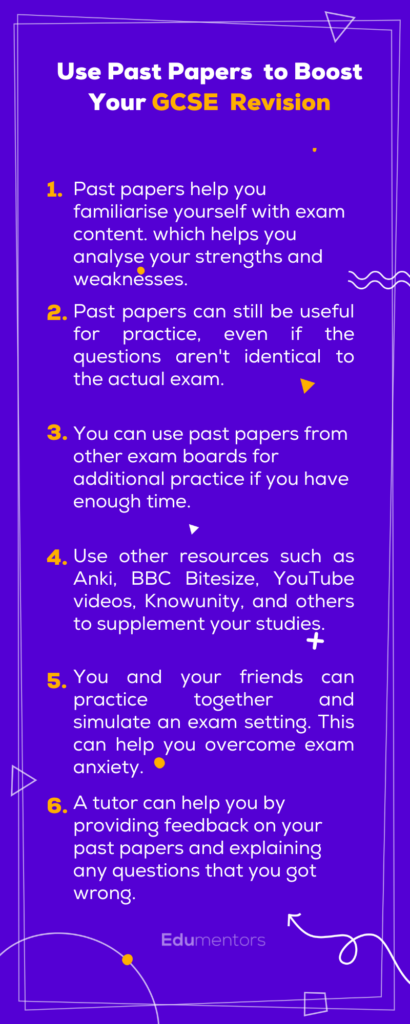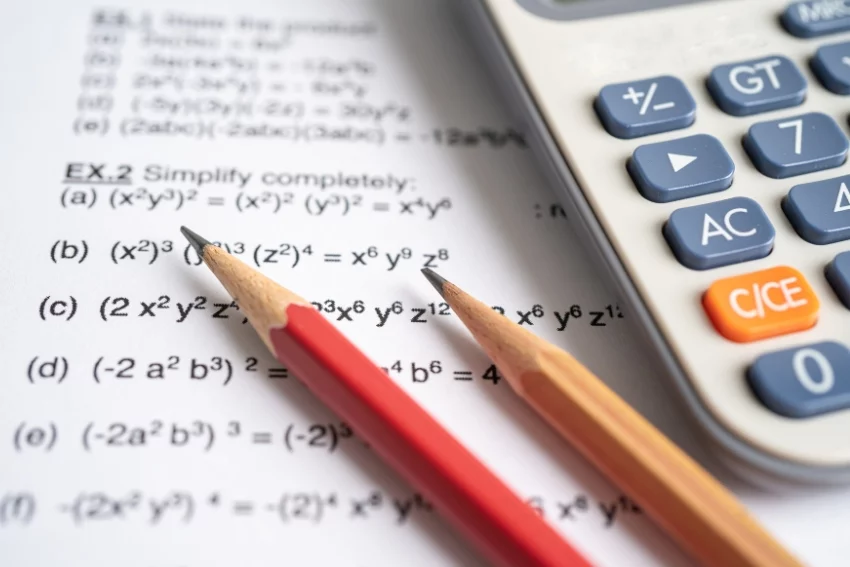AQA
Paper 1 – Cognition and Behaviour
| Question Paper | Mark Scheme |
| June 2019 | June 2019 |
| June 2020 | June 2020 |
| November 2021 | November 2021 |
Paper 2 – Social Context and Behaviour
| Question Paper | Mark Scheme |
| June 2019 | June 2019 |
| June 2020 | June 2020 |
| November 2021 | November 2021 |
OCR
Paper 1 – Studies & Applications in Psychology 1
| Question Paper | Mark Scheme |
| June 2019 | June 2019 |
| November 2020 | November 2020 |
| November 2021 | November 2021 |
Paper 2 – Studies & Applications in Psychology 2
| Question Paper | Mark Scheme |
| June 2019 | June 2019 |
| November 2020 | November 2020 |
| November 2021 | November 2021 |
Pearson Edexcel
Paper 1
| Question Paper | Mark Scheme |
| June 2019 | June 2019 |
| June 2020 | June 2020 |
Paper 2
| Question Paper | Mark Scheme |
| June 2019 | June 2019 |
| June 2020 | June 2020 |
FAQ About GCSE Psychology

What is GCSE Psychology?
GCSE Psychology is a course that introduces students to the scientific study of human behavior and the mind. It covers a wide range of topics, including memory, perception, social influence, personality, abnormal behavior, and research methods. Through studying GCSE Psychology, students can develop an understanding of how and why people behave in certain ways, as well as the factors that influence their thoughts, emotions, and actions. The course also provides students with valuable skills in critical thinking, problem-solving, research, and communication, which are useful in a variety of fields.
What are the requirements to study GCSE Psychology?
To study GCSE Psychology, students typically need to meet certain requirements, which may vary depending on the school or education system. In general, students are expected to have a good understanding of basic scientific concepts and mathematical skills, as well as strong reading, writing, and analytical abilities.
Some schools may also require students to have completed certain prerequisite courses, such as biology or social sciences, or to have achieved a minimum grade in a relevant subject. Additionally, students may need to meet other eligibility criteria, such as age requirements or citizenship status.
It’s important for students to check with their school or education provider for specific requirements and to seek guidance from their teachers or academic advisors if needed. With the right preparation and qualifications, however, students can enjoy a rewarding and stimulating experience studying GCSE Psychology.
How is GCSE Psychology assessed?
GCSE Psychology is typically assessed through a combination of written exams and coursework. The written exams usually consist of a mixture of multiple-choice, short-answer, and essay-style questions that assess students’ knowledge, understanding, and analytical skills across a range of topics in psychology.
The exams may also include questions that test students’ ability to apply their knowledge to real-world scenarios, analyze research data, or evaluate different perspectives on a given topic. In addition to written exams, some courses may include coursework assignments, which may involve conducting research, designing experiments, writing reports, or analysing data.
Coursework allows students to demonstrate their independent thinking, research, and communication skills, and can account for a significant portion of the final grade. The exact assessment format and weightage may vary depending on the school or exam board, so it’s important for students to check with their teachers or education provider for specific details. With proper preparation and study, however, students can excel in their GCSE Psychology assessments and develop a deeper understanding of the fascinating field of psychology.
What are some career paths that GCSE Psychology can lead to?
GCSE Psychology can lead to a wide range of interesting and rewarding career paths. Some potential options include:
- Clinical Psychology. GCSE Psychology can be a great foundation for a career in clinical psychology, which involves working with individuals who are experiencing mental health problems. Clinical psychologists may work in hospitals, clinics, or private practices, and may provide therapy, assessments, or interventions to help clients improve their mental health and well-being.
- Counseling. GCSE Psychology can also be a good starting point for a career in counseling, which involves helping people address personal or emotional issues. Counselors may work in schools, community centers, or private practices, and may specialize in areas such as family therapy, addiction counseling, or career counseling.
- Teaching. GCSE Psychology can be a useful qualification for a career in teaching, particularly in subjects such as psychology, social sciences, or health education. Teachers may work in schools, colleges, or universities, and may teach at various levels, from GCSE to postgraduate.
- Social Work. GCSE Psychology can also be relevant to a career in social work, which involves supporting individuals or communities to overcome social, emotional, or economic challenges. Social workers may work in a variety of settings, such as hospitals, schools, or social service agencies, and may specialise in areas such as child welfare, mental health, or elder care.
- Research. Finally, GCSE Psychology can be a useful foundation for a career in research, which involves conducting scientific investigations into various aspects of human behavior and mental processes. Researchers may work in academic or industrial settings, and may focus on topics such as cognitive psychology, social psychology, or neuropsychology.
These are just a few examples of the many career paths that GCSE Psychology can lead to. With further education and training, students can pursue a variety of rewarding and fulfilling careers that involve helping people, advancing knowledge, and making a positive impact on society.
What is the best way to prepare for GCSE Psychology exams?
Preparing for GCSE Psychology exams can seem overwhelming, but there are several effective strategies that can help students excel. One of the best ways to prepare for exams is to practice using past papers. Past papers are previous exams that have been released by the exam board, and they provide students with a valuable opportunity to familiarize themselves with the format and content of the exams. By working through past papers, students can identify their strengths and weaknesses, practice time management, and develop their exam technique.
In addition to using past papers, students can also benefit from other study strategies, such as:
- Creating a study schedule. Students should create a realistic and manageable study schedule that allows them to cover all the necessary topics and revise consistently over time.
- Making notes. Students should make concise and organized notes on the key concepts, theories, and research findings in each topic, and review them regularly.
- Practicing active recall. Students should test their memory and understanding by practicing active recall, which involves trying to retrieve information from memory without looking at their notes or textbooks.
- Using flashcards. Flashcards can be a useful tool for memorizing key terms, definitions, and concepts.
- Seeking help. If students have difficulty understanding certain concepts or topics, they should seek help from their teachers or tutors, or use online resources such as videos, articles, or forums.
By combining these strategies and practicing regularly, students can feel confident and well-prepared for their GCSE Psychology exams.








